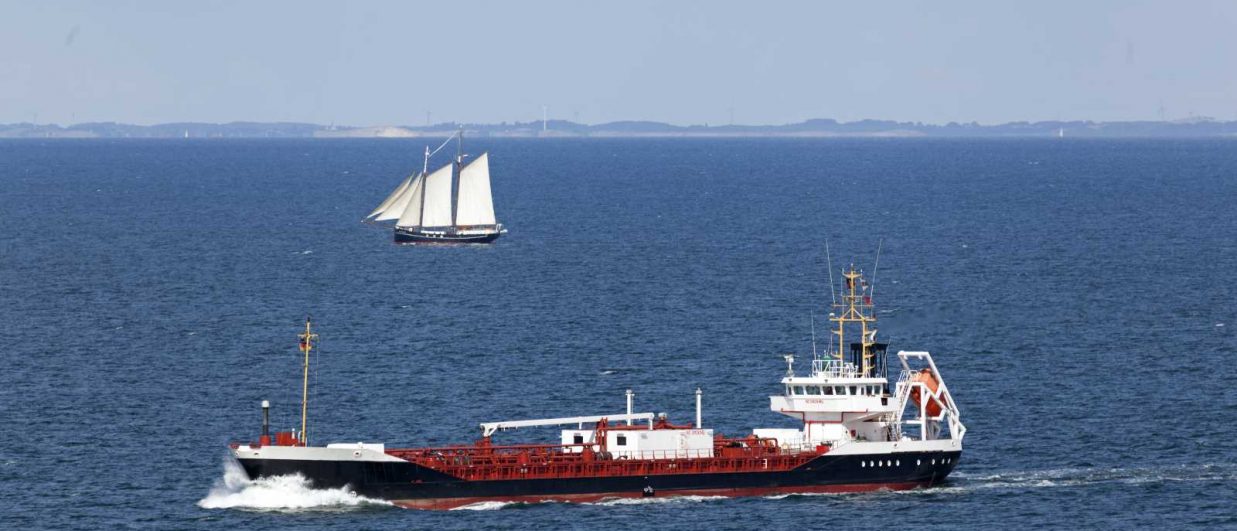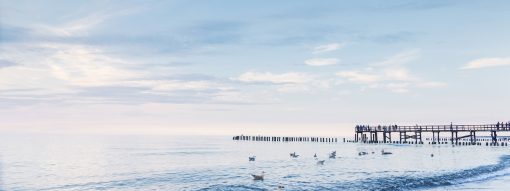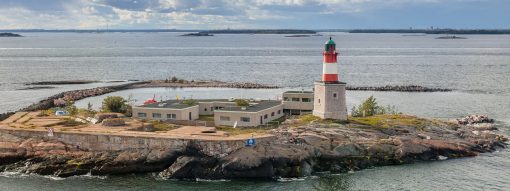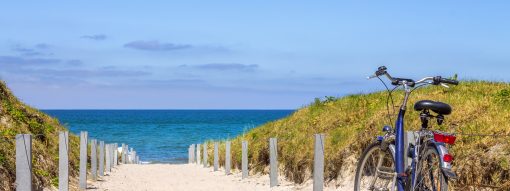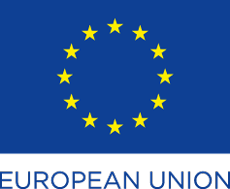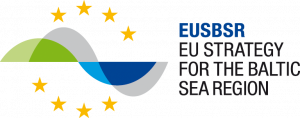Pan Baltic Scope
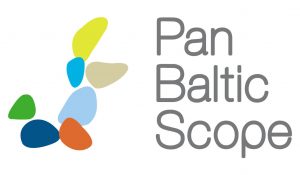 Project’s lifetime: January 2018 – December 2019
Project’s lifetime: January 2018 – December 2019
Total project budget: € 3 315 113
European Maritime and Fisheries Fund: € 2 817 846
The objective of the project is to achieve coherent national maritime spatial planning in the Baltic Sea region and to build lasting macro-region mechanisms for cross-border MSP cooperation.
The project is designed to support the implementation of the EU MSP directive and the objectives defined in the EU BSR Strategy, Blue economy and EU2020 Strategy as well as the HELCOM Baltic Sea Action Plan and VASAB Long Term Perspective for the Territorial Development of the Baltic Sea Region (LTP).
The project will build on the results and experiences from a series of MSP-related projects in the Baltic Sea Region as well as on the national MSP processes. Particularly the experiences from real-life planning and recommendations on further work from Baltic SCOPE project (2015-17) will be utilized.
A Planning Forum will be established having a central role in the implementation of the project. The forum will function as a regular platform for the collaboration on specific planning issues identified by the planning authorities and regional organisations.
To support the coordination the Regional Council of Satakunta, the Government of Åland and the Swedish Agency for Marine and Water Management will collaborate within a FI-AX-SE Case. The Case comprises the waters between Sweden and mainland Finland, including the autonomous region of Åland with its archipelago. Of central concern for planning at sea are, in addition to the archipelago, the shallow but permanently water covered areas in the Bothnian Sea, known as banks.
The national MSP evaluation guidance will be developed for national processes in Latvia and Poland together with the national MSP authorities. The frameworks will be produced for each selected country to adapt the evaluation guidance for the needs and characteristics of national MSP processes. The Baltic SCOPE experience shows that countries not only have different timings in implementing their MSP, they also have slightly different objectives for MSP and organize their MSP processes in different ways.
The two surveys will be coordinated to see how the MSP Road map, MSP Principles and Guidelines work in practice, and, if needed, to fine-tune and strengthen them to meet the objective of improved and coherent plans in the BSR as those documents provide a common regional framework supporting cross-border cooperation and coherent national MSP-implementation in the BSR. The workshops will be organized jointly with engagement of the HELCOM-VASAB MSP working group.
The lessons learned activity will provide a feedback on progress to planners throughout the lifetime of the project coupled with two surveys and a focus group interview.
To advance the implementation of the Ecosystem-Based Approach (EBA) and data sharing existing SEA procedures will be compared for different countries in the area. Recommendations will be given on how to align SEA standards and how to integrate the EBA respectively across borders. A corresponding guideline for national SEAs in a transboundary context will help to implement a SEA strategy for the South-West Baltic Sea.
Also the methods for the cumulative impacts, green infrastructure as well as economic and social analysis will be tested during the project.
The project will develop the methods to emphasize the land-sea interactions influencing the development of the coastal areas as well as the status of the Baltic Sea.
The partners, having formal roles and mandates at national or at sea basin level in MSP, will secure the long term sustainability of the project and its results. The results will feed into the national planning processes as well as into the work of HELCOM and VASAB through its working group on MSP. The project will deliver developed tools and methods to be used within the Baltic Sea region, but that can also be used in or inspire MSP processes outside the region.
Find the project results at www.panbalticscope.eu
Participants of the project
Lead partner:
Swedish Agency for Marine and Water Management SWEDEN
Partner organizations:
Federal Maritime and Hydrographic Agency (BSH) GERMANY
Maritime Office in Szczecin (UMS) POLAND
Danish Maritime Authority (DMA) DENMARK
Ministry of Environmental Protection and Regional Development (MoEPRD) LATVIA
Ministry of finance (EE) ESTONIA
VASAB secretariat (VRAA) BSR
HELCOM Activity lead BSR
Nordregio BSR/NORDIC COUNTRIES
SYKE, Finnish Environment Institute FINLAND
Satakunta Regional Council (RCS) FINLAND
Government of Åland (GoA) FINLAND
Associated partners:
Ministry of the Environment FINLAND
Ministry of the Environment LITHUANIA
Ministry for Energy, Infrastructure and Regional Development (Mecklenburg and Vorpommern) GERMANY
VASAB Contacts
Liene Strazdiņa, Communication Manager
Phone: +371 29703572
E-mail: liene.strazdina@vasab.org
Egija Stapkēviča, Project Coordinator
Phone: +371 28377878
E-mail: info@vasab.org
Project website – www.panbalticscope.eu
